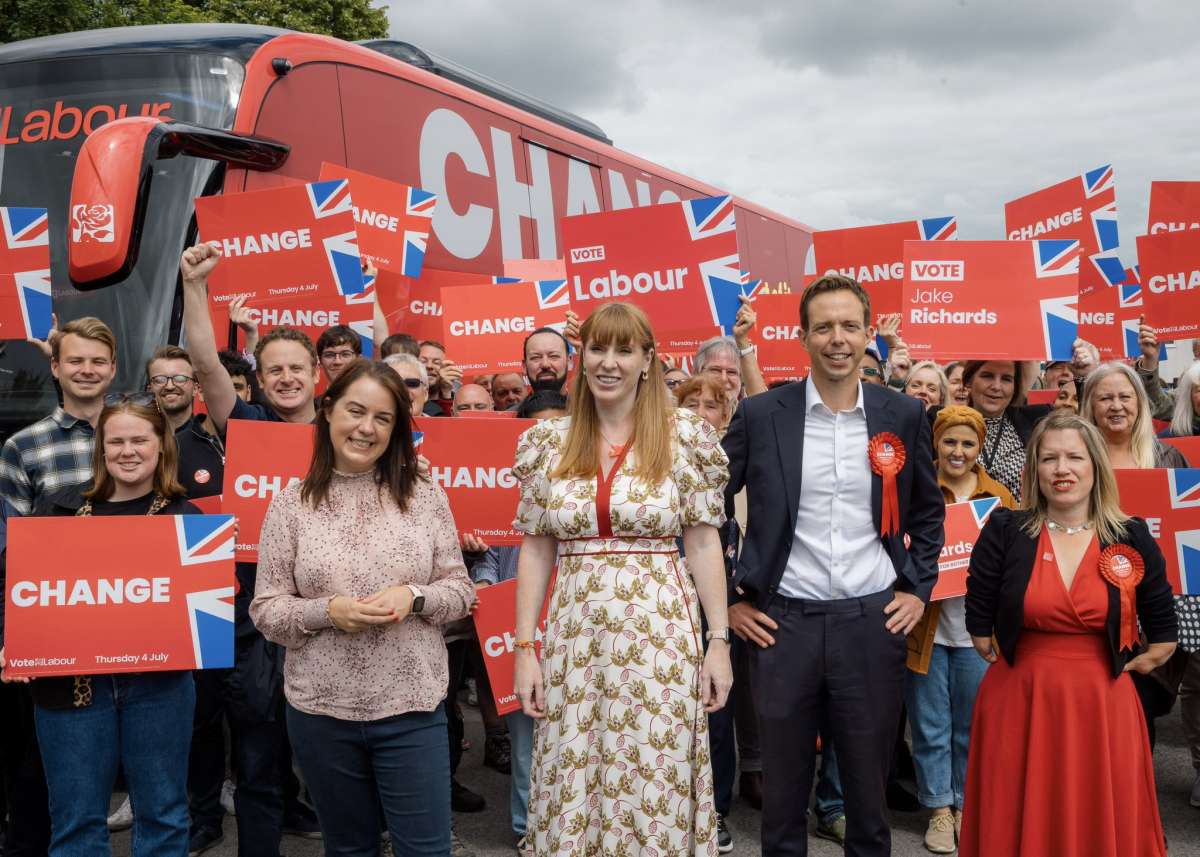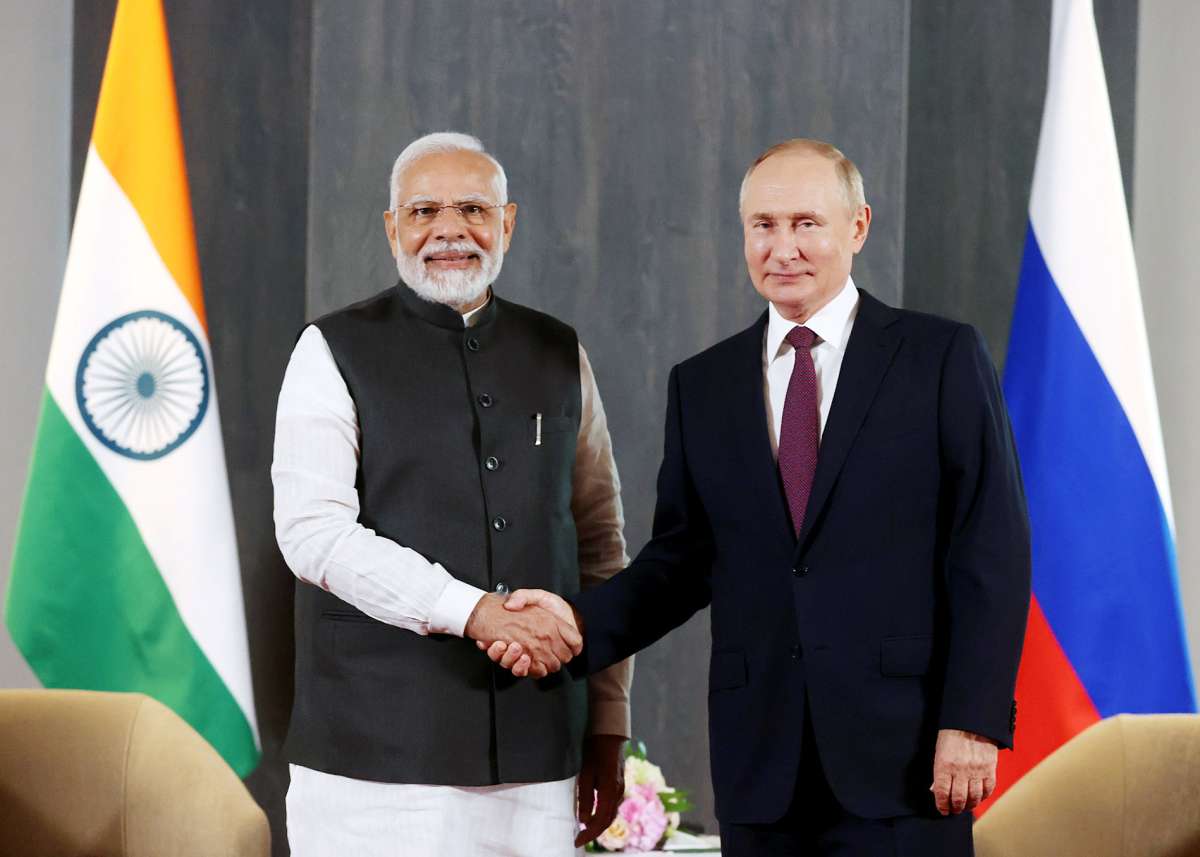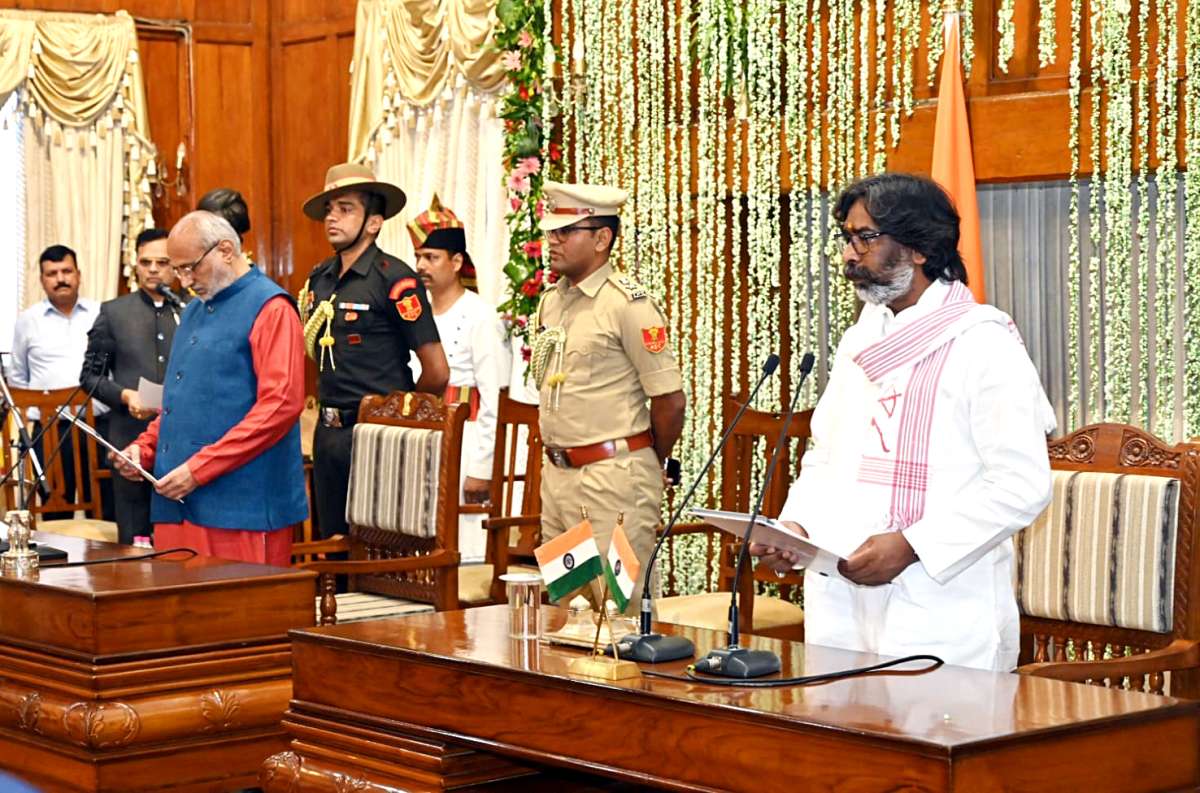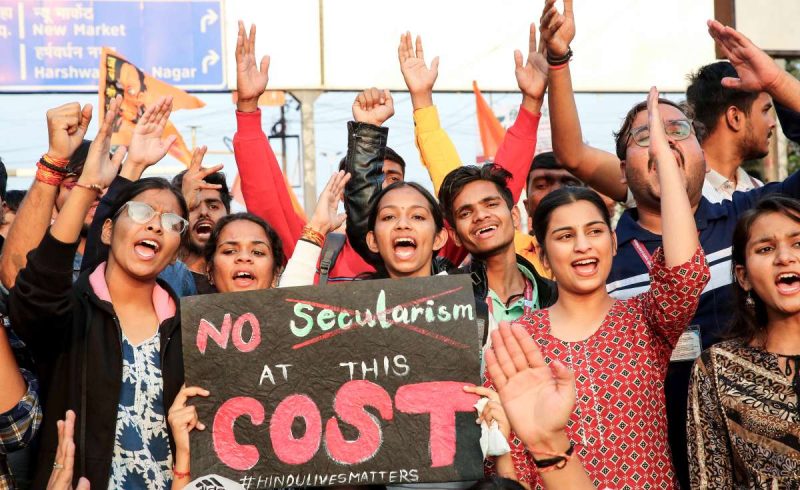The former Bank of England economist is in line to become the first female Chancellor of the Exchequer, living next door to Starmer at 11 Downing Street…reports Asian Lite News
With Labour predicted to become the biggest party in the UK parliament, here are the contenders for the most prominent ministerial positions.
Angela Rayner, 44, is an outlier in a country long dominated by a ruling class disproportionately educated at private schools and Oxford and Cambridge universities.
She grew up in social housing in northern England, left school without a degree and became a single mother at 16.
A trade unionist before being elected to parliament in 2015, she was elected as Labour’s number two in 2020.
Her left-wing background and straight-talking style — complete with strong northern accent — contrasts with Starmer’s more staid public persona.
“He smooths off my rough edges. I bring him out of his shell,” she has famously said of their partnership.
As well as being deputy prime minister — filling in for Starmer at weekly parliamentary questions when he is unable to attend — Rayner would be responsible for housing policy and tackling regional inequalities.
The former Bank of England economist is in line to become the first female Chancellor of the Exchequer, living next door to Starmer at 11 Downing Street.
Rachel Reeves, 45, has called that prospect shattering “the last glass ceiling in politics.”
A central figure in Labour efforts over the last four years to regain the electorate’s trust on economic issues, she insists it is now “the natural party of British business.”
Using her reputation for economic competence, Londoner Reeves, whose younger sister is also an MP, has pledged “iron discipline” on public finances.
The former child chess champion, an MP since 2010, has vowed to be both “pro-worker” and “pro-business” in her role overseeing the public purse.
David Lammy, 51, a black lawmaker descended from slaves, has honed his vision for UK diplomacy with dozens of foreign trips in the past two years.
He has argued that the foreign ministry needs to “rediscover the art of grand strategy” in the post-Brexit era.
Lammy, an MP since the age of 27 in 2000, is likely to steer Britain toward closer EU ties — no easy task with both Brussels and Euroskeptic Britons reticent.
He will also likely face pressure from Labour’s left flank over issues including its policy toward Israel and its war against Hamas in Gaza.
A friend of former US President Barack Obama, Lammy may also have to deal with the possible White House return of Donald Trump.
He once described Trump as a “neo-Nazi sympathizing sociopath” and “profound threat to the international order.”
Yvette Cooper’s decades of political experience will undoubtedly be sorely tested heading the Home Office — Britain’s interior ministry — a notoriously hard government department to succeed in.
An MP since the late 1990s and a minister in the 2000s, Cooper, 55, has been Labour’s home affairs spokesperson over two stints during its 14 years in opposition.
A candidate to be party leader in 2015, plaudits credit her grasp of policy and details as well as stellar communication skills.
Immigration — a major election campaign issue and potential weak point for Labour — will likely dominate much of the public discussion around her brief.
A fresh-faced Labour centrist, Streeting has been one of the most visible Labour figures during the election campaign.
Hailed as one of its best communicators, the 41-year-old from a working-class background in east London is tipped as a potential future leader.
But first he will have to prove himself in one of the toughest jobs in UK government, charged with reversing the decline in the country’s cherished but ailing National Health Service (NHS).
Weighed down by years of austerity under the Conservatives and still struggling to recover from the pandemic, Streeting — a cancer survivor — will rely in part on his own experience of the system.
Party veteran Healey is set to become defense secretary as the policy area gains importance given the war in Ukraine and rising global insecurity.
The 64-year-old, who first became an MP in 1997 when Tony Blair won power for Labour, held a series of government posts during the party’s 13-year spell in charge.
Labour has promised to increase military spending to 2.5 percent of GDP (from 2.3 percent this year) “as soon as” economic conditions allow.
ALSO READ-India, UK agree to deepen cooperation between cyber agencies














